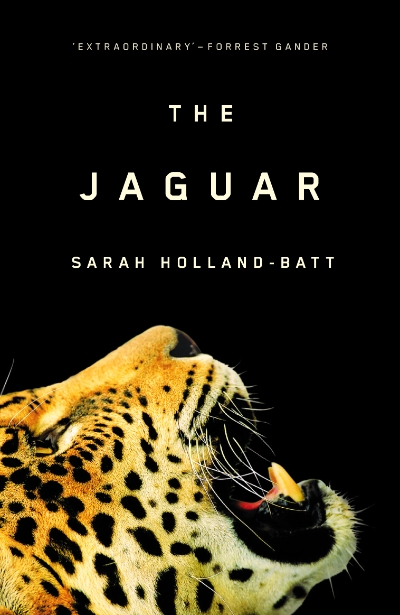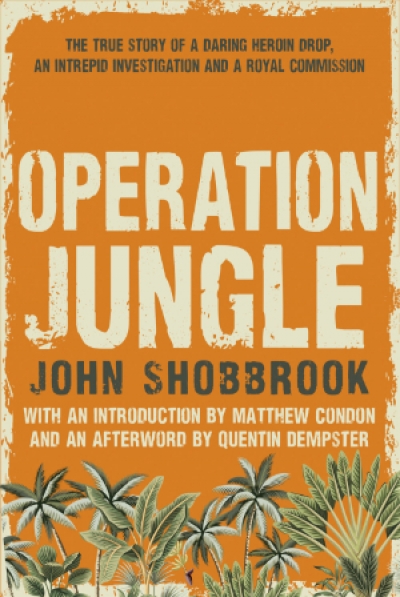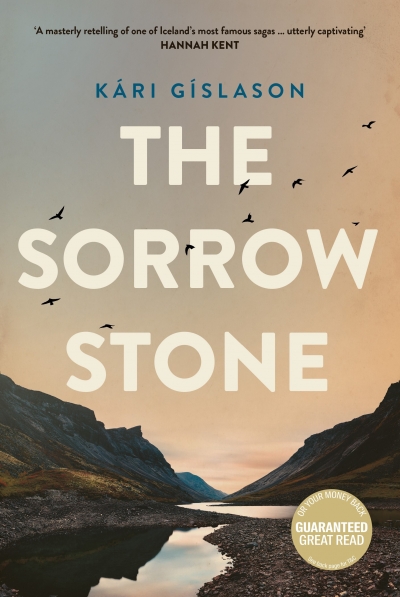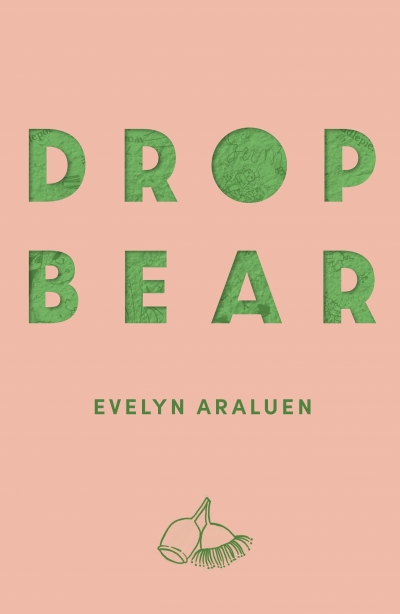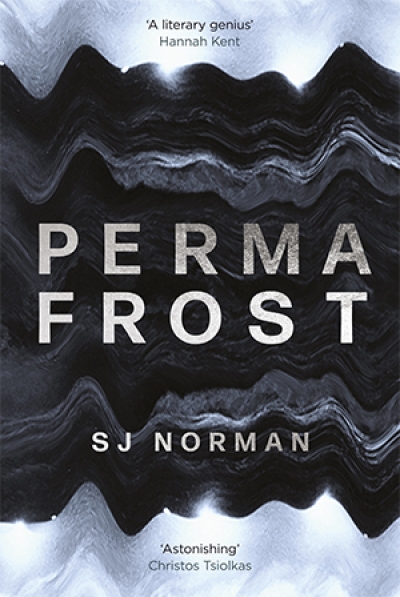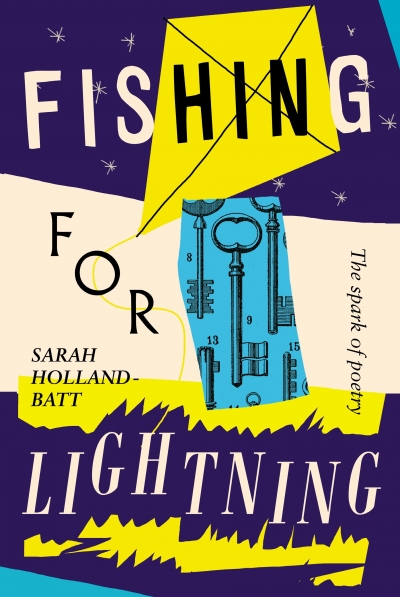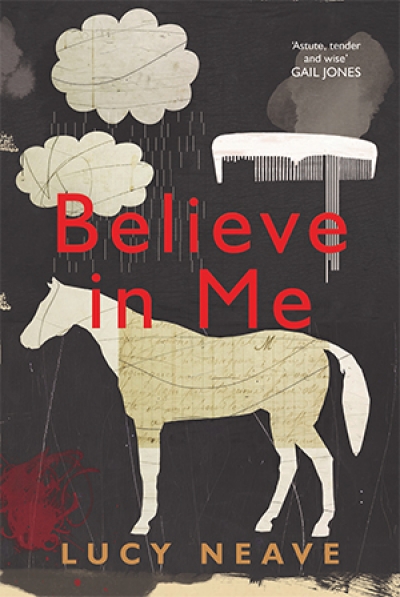University of Queensland Press
The Burnished Sun (UQP, $29.99 pb, 288 pp) by Mirandi Riwoe, Danged Black Thing (Transit Lounge, $29.99 pb, 240 pp) by Eugen Bacon, and Sadvertising (Vintage, $32.99 pb, 298 pp) by Ennis Ćehić are powerful, inventive, and self-assured short story collections that traverse fractured and contested ground through their often displaced and alienated narrators.
... (read more)Dropbear by Evelyn Araluen & TAKE CARE by Eunice Andrada
Good poetry uncovers the secret in the manifest, and the manifest in the secret. Three new collections throw this paradox into vibrant, unsettling relief. Each book deserves a broad readership. Each beats back the lethargic thinking that has invaded society under the cover of the pandemic.
... (read more)Fishing for Lightning: The spark of poetry by Sarah Holland-Batt
Maria Takolander’s fourth book of poetry, Trigger Warning (University of Queensland Press, $24.99 pb, 100 pp), is a sharp and arresting collection, fierce in its emotions and determination to make language do the hard work of speaking that which hovers at the edge of articulation. This is a poetics that traces everywhere the lurking presence of the disruptive – in domestic life, in global crises, even in our most intimate experiences. Takolander’s courageous poetry becomes both a landscape in which to inscribe what is unbearable and a sphere in which it might be, at least partially, managed.
... (read more)
